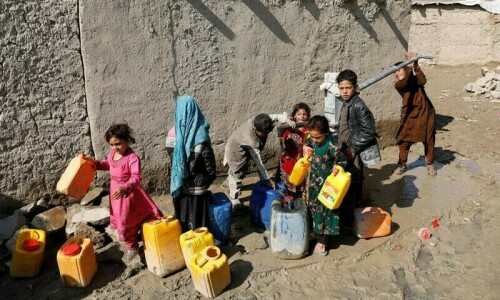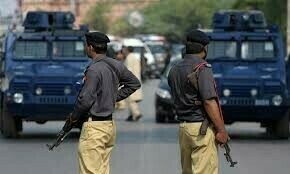WHILE India will be keen to trumpet the holding of elections in held Kashmir as a return to ‘normalcy’, things are quite complex in this regard. The multi-stage electoral process in IHK began on Wednesday, and results are expected next month. This is the first time elections are being held to elect representatives to the occupied territory’s state assembly after New Delhi scrapped IHK’s limited autonomy in 2019. While the turnout has been respectable in the first stage, this should not be seen as a ringing endorsement of the BJP-led regime’s brutal policies in the held region. Rather, Kashmiris are likely stepping out to vote to prevent the BJP from capturing their land and wiping out its unique identity, while a protest vote against the discarding of Article 370, too, cannot be ruled out. It is also true that the polls will hardly be free and fair. Former IHK chief minister Omar Abdullah, a prominent pro-India voice, has said that in Kashmir, “we are all political prisoners of Delhi”. Moreover, Amnesty International India has called upon New Delhi to “end [the] campaign of harassment and intimidation against dissenting voices” in the disputed area. Some local leaders say that up to 2,000 Kashmiris remain in detention. Many have been held on flimsy terror charges, while others have been detained for social media posts. These are certainly not the conditions that allow people to freely express themselves in a democratic exercise.
The Indian establishment can hold all the elections it wants in held Kashmir, but this does not change the ground reality that the region’s people are sick of New Delhi’s high-handedness, and yearn for real freedom. It would not be wrong to say that most Kashmiris are participating in the polls to send the message to India that they are dissatisfied with the status quo. Yet India’s ruling elite has shown an amazing stubbornness where the Kashmir issue is concerned. Last month, the Indian foreign minister remarked that Article 370 “is done”, implying that the internationally recognised Kashmir dispute had been resolved — in India’s favour. This is akin to manufacturing new ‘facts’ on the ground. The Indian approach to Kashmir is divorced from reality. The only long-lasting solution is a tripartite agreement involving Pakistan, India and the Kashmiris — one that is acceptable to all three parties. Anything less would be a mirage.
Published in Dawn, September 20th, 2024












































